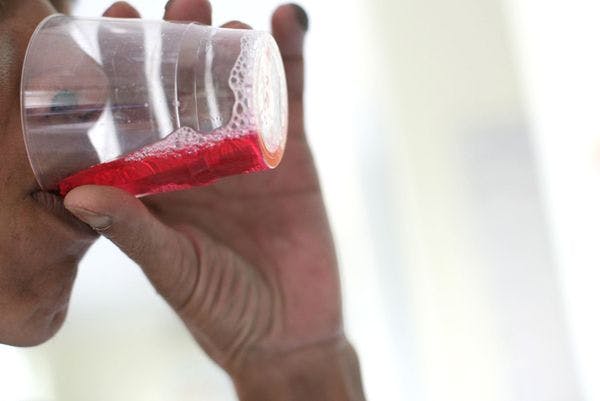Russia seeks international anti-methadone coalition ahead of UNGASS
by Helena Forrester, Talking Drugs
Russia could be looking to build an international coalition to whip up support for ending access to methadone in the run up to the 2016 United Nations General Assembly Special Session (UNGASS) on drugs.
Russian newspaper Kommersant reported earlier this month of a written exchange between Russia and the World Health Organization (WHO) regarding the latter's position on opioid substitution therapy (OST). According to Kommersant, Russia's State Duma -- parliament's lower house -- is concerned with WHO's advocacy of OST medications such as methadone in light of Russia's annual contributions to the UN agency.
Methadone, a drug that Federal Drug Control Service Director Viktor Ivanov recently described as a “murderous treatment” that “violates the right to health,” is banned in Russia, with its use and/or distribution punishable by up to 20 years in prison. WHO list it as an essential medicine and the agency reiterated its stance in support of OST in its reply to Russia.
Conflict between WHO and Russia over methadone certainly comes as no surprise. However, concerning is news in the Kommersant article that Russia is seeking to amplify its opposition to OST ahead of next April's UNGASS through building a coalition against these vital medicines.
An official from the State Duma told Kommersant that such a coalition may include certain Arab states which similarly oppose OST, while Anya Sarang, head of the Andrey Rylkov Foundation, suggested that within the region countries like Turkmenistan and Uzbekistan -- both of whom already don't allow OST -- could be potential allies.
Concerns have been raised, though, that participating states in the Russian-led Eurasian Customs Union like Belarus, Kyrgyzstan, Armenia and Kazakhstan, may also be persuaded to follow Russia in condemning OST. Georgia and eastern Ukraine, whose national policy landscapes are heavily influenced by prevailing drug use and treatment discourses in the region, could also be impacted.
Click here to read the full article.
Keep up-to-date with drug policy developments by subscribing to the IDPC Monthly Alert.
Regions
Related Profiles
- Talking Drugs
